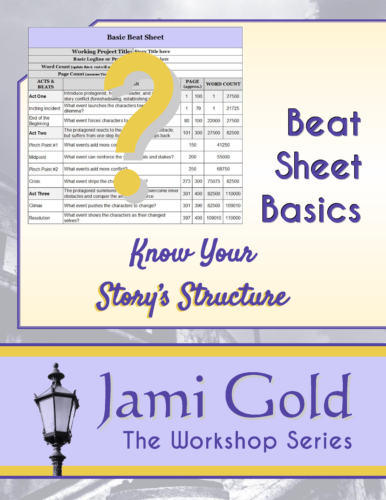Much of writing is subjective, so it can be hard to know how to treat writing advice. Is it a hard-and-fast rule, a guideline, or a personal preference?
Check Out These Posts labeled with the Tag “grammar":
Want to refine these results? The Search page offers many filtering options.

